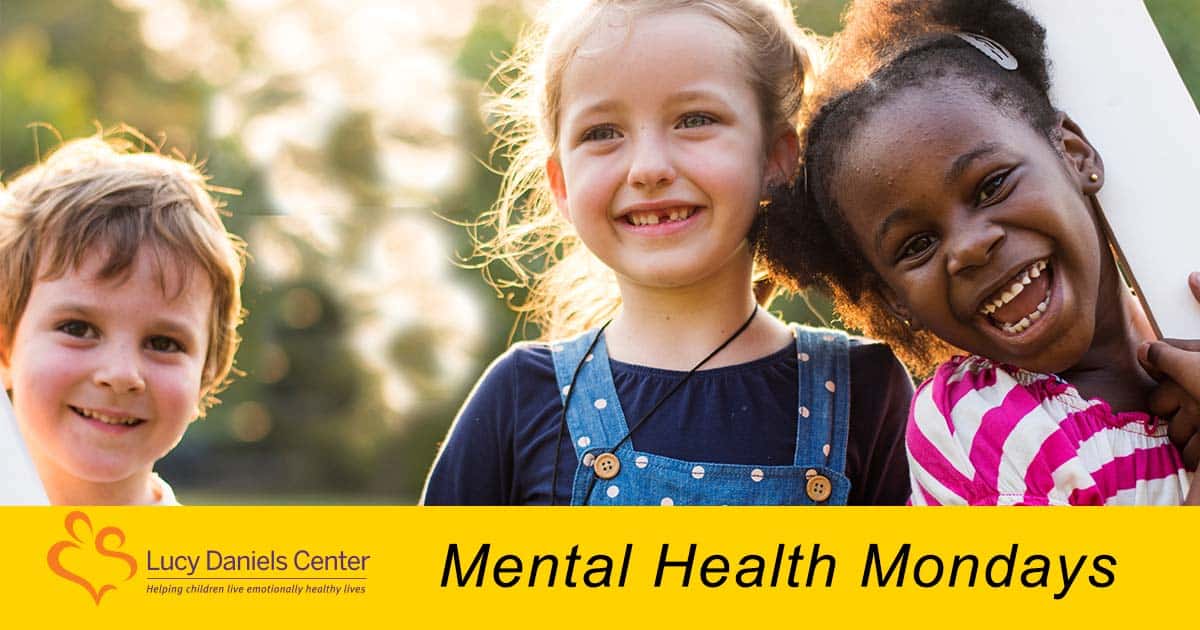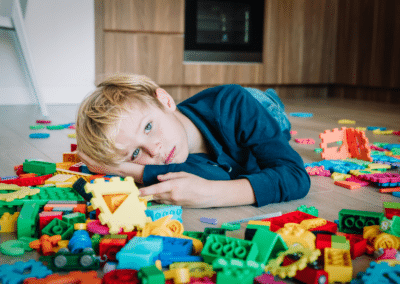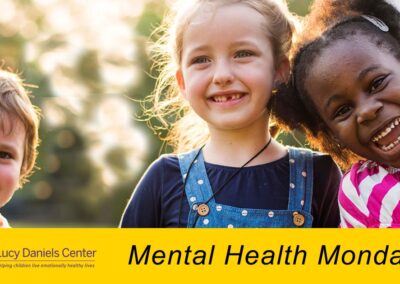Mental Health Mondays
Establishing Healthy Parent/Child Communication
When it comes to the tween and teen years, it seems that children gradually share less with their parents, and, at the same time, become less interested in what parents have to share with them. Sure, they are growing up and becoming more independent, but your guidance, wisdom, and limit-setting are still important and needed to foster healthy development in these formidable years. How can parents ensure that they remain a part of their child’s emotional and social development, even as they move into the tween and teen years? This week’s column will focus on the importance of establishing open and honest communication in the early years as a way to help you remain a supportive part of your older child’s development.
Communication and Relationships
Strong parent-child communication rests upon respect. There is no rule for how to do it – it all depends upon the attitude with which communications are offered, and the context within which they occur. Children will confide in their parents when they have experienced their parents having coordinated parental responsibility with an empathic and dignifying attitude. For more on effectively communicating with your child, please see our article Building Strong Parent-Child Communication.
Straight Talk Starts Early
Conversations that develop and are returned to over time with children tend to be more helpful than a one-time sit-down talk. Healthy conversations about sexual development, for instance, evolve over time depending on a child’s age and developmental level, but ideally begin in the early childhood years when children first become interested in sexuality. (Those first questions about where babies come from are the basis for healthy – and open – conversations about the truth about human sexuality. For more on how to talk about the facts of life with young children, see our article Explaining the Facts of Life.)
Helping Children Means Being Available
If a young child picks up on their parents’ avoidance of this and other topics, he or she may become less likely to bring up questions, concerns, and ideas as they evolve over time. All children have questions and ideas about various topics (e.g., sexuality, drugs and alcohol, relationships and friendships) over the course of their childhood and, when left to the imagination, misconceptions can form. A strong and confident child (and teenager) begins as a well-informed child armed with knowledge. How each family chooses to talk about various social topics is a personal choice, but making matters open discussions rather than off-limits topics will help teens feel as if they have a safe and understanding place to take their questions.
Healthy Friendships and Healthy Choices
You can remain involved in your growing child’s social life by maintaining open communication about her friendships, the types of friends she chooses, and how she handles conflicts and disagreements. Does your child quietly go along with friends to avoid conflict, or does she stand her ground? Does she feel comfortable telling a friend that she disagrees? Does she feel comfortable seeking your help, even if that means coming home from a playdate or party early? A teenager’s ability to confidently make good choices – and avoid being caught in uncomfortable predicaments – stems in part from an ability to assess a situation, confront conflict (i.e., do what one feels is right even if it disappoints or upsets others), and turn to her parents for help when needed.
Overcoming Communication Hurdles
Sometime special problems make communication with children difficult. In these situations, it is so much better to face and deal with these issues before adolescence. For a sampling of some special issues that can complicate communication, see our articles Depression in Childhood, Building Mental Muscles to Overcome Childhood Anxieties, and Does My Child Have Asperger’s Syndrome?
Lucy Daniels School is an emotionally safe and supportive learning environment for children preschool-5th grade. Lucy Daniels School provides an alternative choice in our therapeutic school for children who struggle emotionally and academically in a mainstream school environment. At the Lucy Daniels School, each child’s education and therapeutic program is carefully tailored to his or her needs and strengths. Parents meet regularly with a parent guidance counselor. This collaborative approach helps children progress socially and academically to become successful and competent learners.



